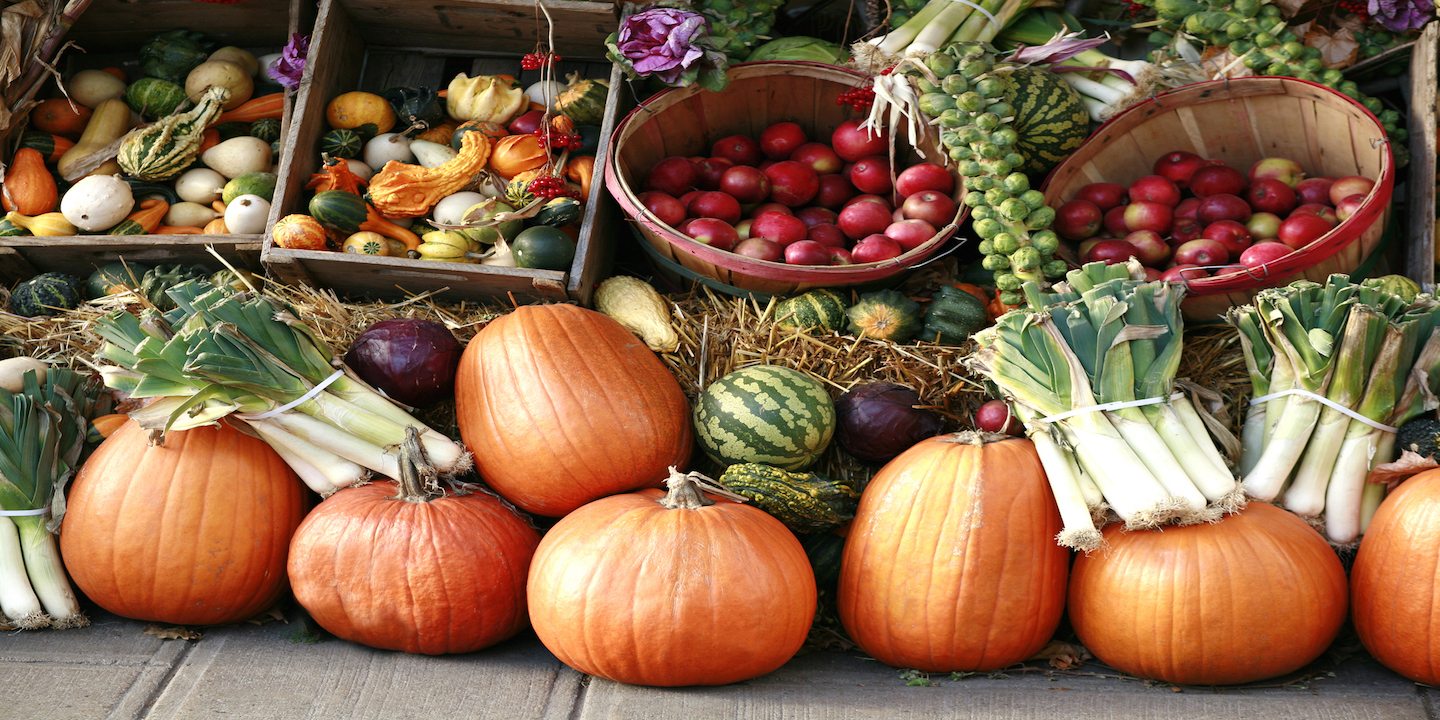Improving your digestion goes beyond keeping your gut happy. It is connected to a number of different “systems” in our body, one being your hormones, estrogen in particular. When this isn’t in balance it can affect mood, weight, cycle, libido, acne and even bone health.
What is the Estrobolome?
The gut microbiome is the collection of bacteria, both good and bad, in the digestive system. Ideally there should be no imbalance in the bacteria, called a dysbiosis, but due to diet, antibiotics, stress, or environmental exposure it is common for an imbalance to occur.
Among many roles, the gut microbiome plays a crucial role in regulating circulating estrogen levels. Specific microbes in the microbiome, called the estrobolome, specifically do this. The microbes in the estrobolome produce an enzyme called beta-glucuronidase, which deconjugates estrogens into their active forms. This increases estrogens that are reabsorbs and capable of binding to estrogen receptors in the body and influencing those hormonal physiological processes. This process is known as phase 3 estrogen detox and when there is the right amount of beta-glucuronidase, estrogen homeostasis is maintained. When dysbiosis occurs, the estrobolome up-regulates or down-regulates beta-glucuronidase leading to a deficiency or excess of estrogen in the body. I most commonly see an estrogen excess.
Common signs of excess estrogen which can be influenced by estrobolome are:
bloating, especially before your period
irritability
acne
breast tenderness
heavy periods
headaches or migraines
PCOS picture
Issues with deficient estrogens post-menopausal influenced by the estrobolome are:
increased risk of osteoporosis
increased risk of cardiovascular disease
increase risk of obesity
What affects the estrobolome?
Anything that disrupt the gut microbiome typically affects the estrobolome as well.
Poor diet and lifestyle are the most common triggers for dysbiosis. Certain bacteria feed on certain food we eat (sugar and gluten as common examples), grow and in tern tell the brain to eat more of that food, causing an overgrowth. Studies have shown that a shift in the diet can induce microbial shifts within 24 hours. Focus on organic food when you can, cruciferous vegetables such as broccoli and brussels sprouts and fibre.
Antibiotics and birth control pills both have been found to alter the microbiome and estrogen levels, leading us to believe it is affecting the estrobolome.
A broad spectrum probiotic can influence the microbiome to shift positively. Antimicrobial herbs may be effective at eliminate an overgrowth. Talk to an ND like me to discuss if these are advised for you.
Calcium-D-Glucurate is a supplement that is a beta-glucuronidase inhibitor. This allows estrogen to remain conjugated, in its inactive form, to be safely eliminated from the body. This is very handy for someone with known estrogen excess.
This gut-hormone connection proves to me that gut health is again at the root of many health concerns. We don’t want to forget proper liver support or hormone support with certain herbs, but it is important to not skip the gut!
In health & happiness,
Dr. Karen



